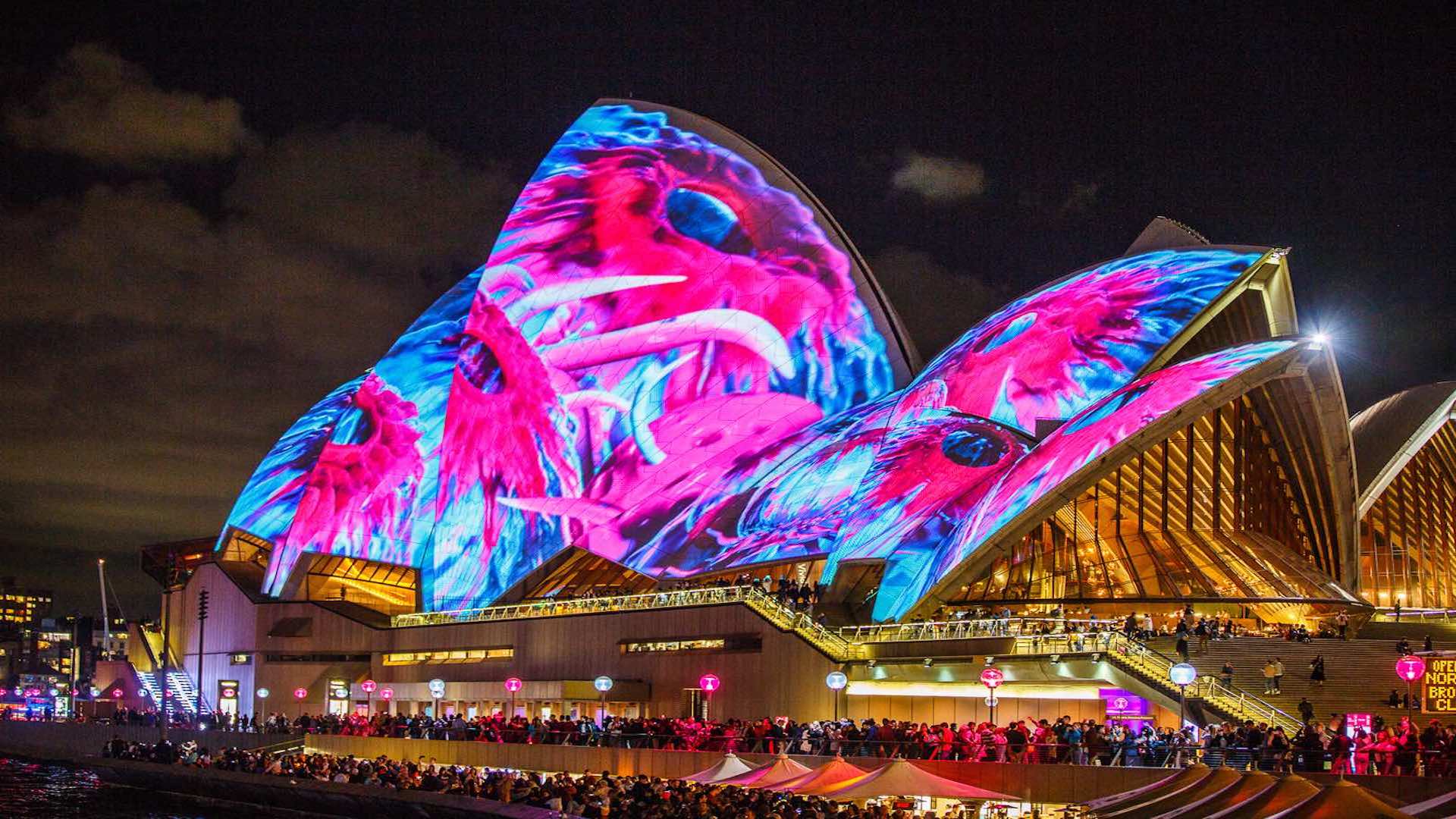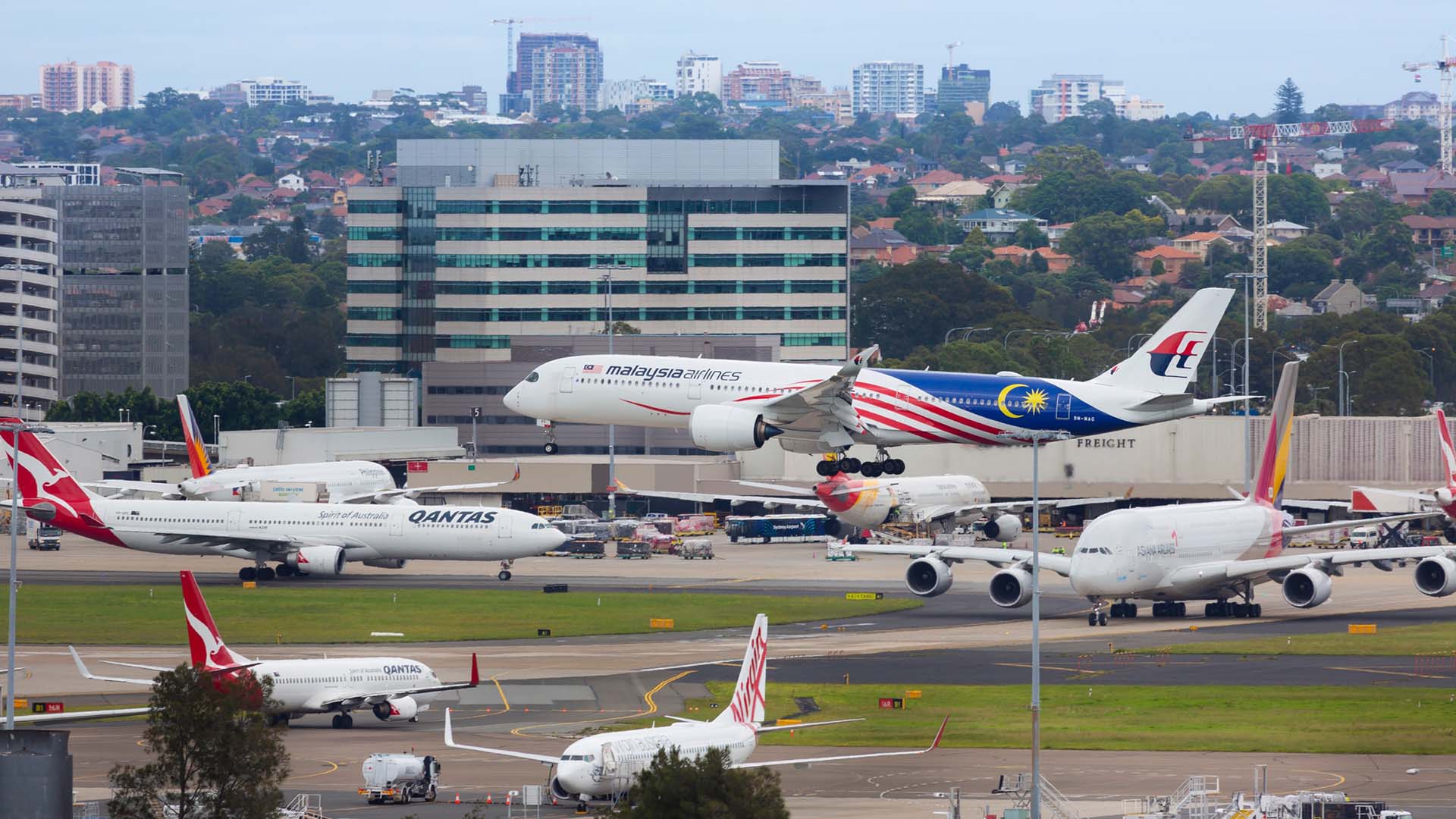The Australian Government Has Announced That Everyone Arriving From Overseas Must Self-Isolate for 14 Days
Australians have also been advised to take social distancing measures, including refraining from shaking hands.
In an effort to further reduce the spread of COVID-19 across Australia, Prime Minister Scott Morrison has announced that everyone arriving in the country from overseas will need to self-isolate for 14 days, effective from 12am on Monday, March 16.
Announced at the first meeting of Australia's new coronavirus national cabinet, the mandatory self-isolation requirement applies to everyone — no matter where you're entering the country from, and regardless of whether you're an Aussie citizen or permanent resident coming home, or a tourist arriving for a holiday.
"Its legal enforcement, that will be the change. If your mate has been to Bali and they come back and they turn up at work and they are sitting next to you, they will be committing an offence — so I think it's up to all of us that we are ensuring it is in place. Australians will exercise commonsense. This provides the backstop of a legal enforcement," said Morrison.
The self-isolation requirement only applies to overseas arrivals. At this stage, domestic flights are not affected.
The government will also ban international cruise ships from docking in Australia for 30 days, with that decision due to be reviewed on a rolling basis.
Australians have also been advised to take social distancing measures, including refraining from shaking hands.
The current moves come a day after New Zealand implemented the same measures, and two days after Morris announced an indefinite ban on non-essential organised gatherings of more than 500 people from Monday, March 16. He confirmed that ban in today's press conference, and advised that state and territory governments will legislate to officially put it into effect.
As was the case on Friday, schools, universities and public transport will not be impacted by the mass gatherings ban at present, Morrison also confirmed — nor will shopping centres or airports themselves.

Vivid Sydney. Image: Yaya Stempler.
Since Friday, many large-scale Australian events have revealed their cancellations and postponements for 2020. The AFL, AFLW and NRL football leagues announced that they'll play in empty stadiums, with fans locked out. Big events such as the Melbourne International Comedy Festival, the Sydney Royal Easter Show, Vivid Sydney and World Science Festival Brisbane have all been scrapped for the year — and many more smaller events, too, including the Gold Coast Film Festival, Melbourne Queer Film Festival, Ability Fest, Sweetstock, Wine Machine, Comedy Steps Up for Bushfire Relief and Cirque du Soleil's Melbourne season of Kurios.
Australia's tactics are in line with global moves, too. Over the past days, weeks and months, large swathes of cinemas have shut across Asia, the Middle East and Europe, and theme parks have been doing the same in Asia, Europe and the US as well. We've also seen the cancellation of Texan music and film festival South by Southwest and postponement of Coachella. And, before Friday's ban was announced, the Grand Prix in Melbourne, Tasmania's Dark Mofo and Brisbane's Paniyiri Greek Festival all announced their cancellations as well.
The World Health Organisation (WHO) announced early this week that COVID-19 is a pandemic. As at 3pm AEST on Sunday, March 15, Australia has 249 cases confirmed cases of COVID-19.
To find out more about the status of COVID-19 in Australia and how to protect yourself, head to the Australian Government Department of Health's website.





